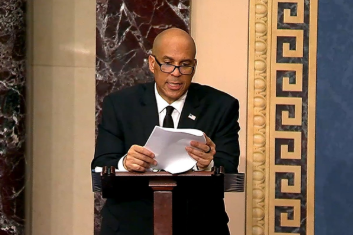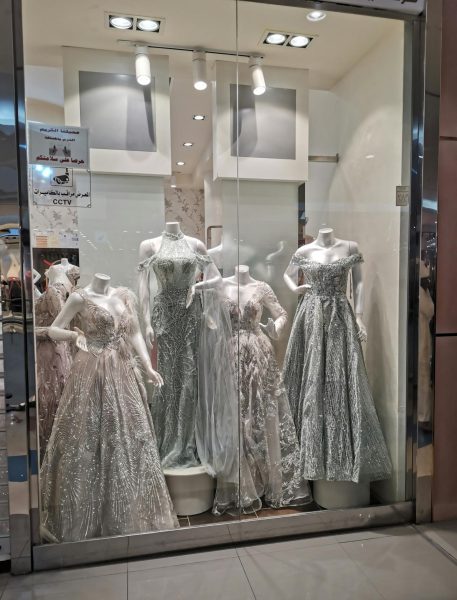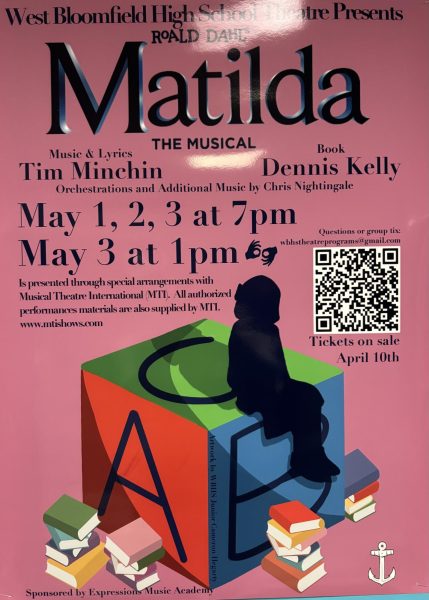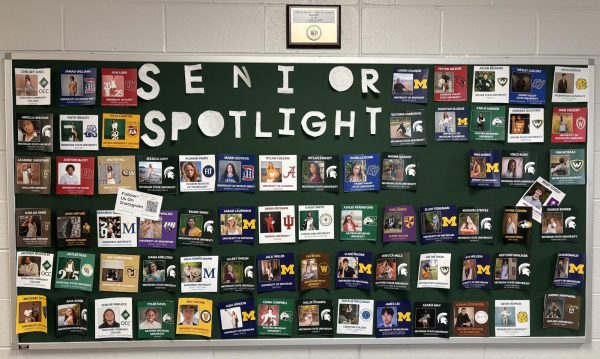Law Creation Without Representation
Inside look into who makes the laws and the United States population as a whole
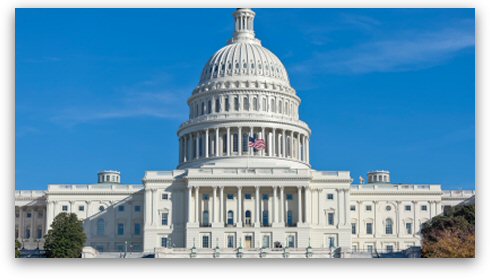
America has always been referred to as “The Melting Pot,” with an array of genders, races and religions. However, a problem occurs when the ones making the laws do not reflect the population they are governing. Although the U.S. has an African American president, the government is far from reaching equal racial representation. Both the House of Representatives and Senate are 80% male. This is a large disparity considering the United States is 50.8% female and 49.2% male. The racial makeup of the House is 79.8% Caucasian, 10.1% African American, 7.8% Hispanic and 2.3% Asian. The Senate is 94% Caucasian, 2% African American, 3% Hispanic and 1% Asian. Meanwhile, the racial makeup of the United States is 77% Caucasian, 13.2% African American, 17.1% Hispanic and 5.3% Asian. Laws pertaining to race relations have little room for an array of viewpoints to create the best laws for everyone.
Europeans originally sought refuge in the United States for the sole purpose of religious freedom. Since then, hundreds of religions have spawned and generated followers. In the United States the top three religious affiliations are Protestant, Catholic and Unaffiliated. 51.3% of the population is Protestant, 23.9% are Catholic and 16.1% are Unaffiliated with any religion. Within the House, the top three religions are Catholic, Baptist and “Other Christian.” Although Church and State were separated long ago, certain religious-based morals still affect the way laws are created and enforced. In light of recent events throughout the country that involve police forces, there should also be a focus on those enforcing the laws. In hundreds of communities, the percentage of Caucasian officers is more than 30% higher than the communities that they are serving. Minorities make up about one quarter of members of the police force. Diversity among the force increases relations among the community and those who work to keep it safe.
West Bloomfield High School (WBHS) senior Cameron Johnson says, “We can’t truly be equal until we really have an equal say in the government so that our voices are heard.” Like Johnson says, the United States can not be “United” until our government mirrors its population. Younger students have also recognized this issue,; sophomore Elie Huez says, “As a citizen of the United States, I am not represented in a government that controls what happens in my everyday life.” The interest by a new generation will hopefully bring about a new change. Huez also adds, “women are the reason we are all here, they deserve more representation as a whole.” Women makeup over half of not only the United States population but the global population. The steps toward true equality cannot be taken until all citizens have a say.
http://quickfacts.census.gov/qfd/states/00000.html
Your donation will support the student journalists of West Bloomfield High School. Your contribution will allow us to purchase equipment and cover our annual website hosting costs.



